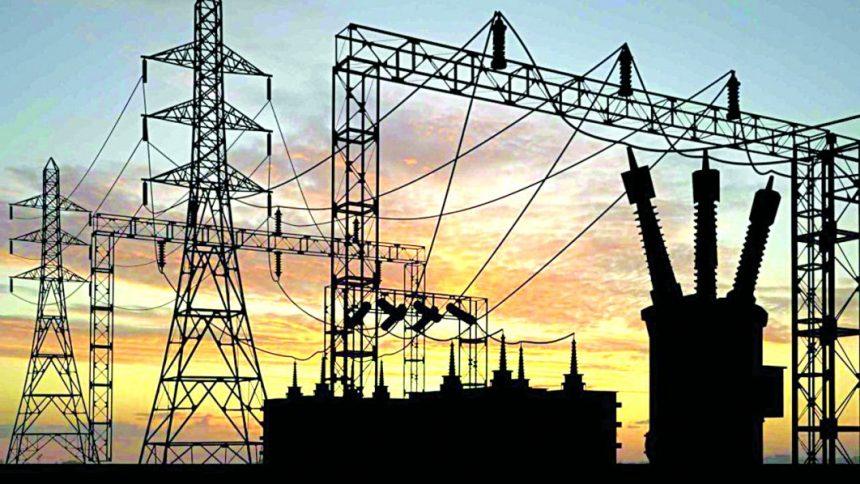As Nigeria battles harsh climatic conditions and economic challenges, the nation faces another pressing issue: a dire shortage of reliable electricity.
With public power supply faltering, households and businesses are forced to rely heavily on generator sets, amplifying the burden on citizen
The Nigerian power supply has plunged to alarming depths, compounding the hardships endured by its populace. The combination of erratic electricity provision and soaring costs of fueling generators has exacerbated the plight of Nigerians, necessitating urgent intervention from the government.

George Onafowokan, Managing Director and CEO of Coleman Wires and Cables, lamented the staggering expenses his company incurs to generate private power, a predicament exacerbated since the 2020 lockdown. Despite efforts to mitigate costs by switching to gas, Onafowokan highlighted the exorbitant prices of gas, urging government intervention to address the issue.
The World Bank’s revelation that nearly half of Nigeria’s population lacks access to electricity underscores the severity of the crisis. Manufacturers, burdened by the need to generate their own electricity, grapple with exorbitant operating costs, spending significant portions of their budgets on alternative power sources.
READ ALSO: Ekiti State Workers Rally Against Hunger, Call for Economic Solutions
Tim Kleinebenne, General Manager of Unilever Nigeria Plc, revealed the extent of their reliance on diesel generators for energy, citing recent months’ poor power supply and its exorbitant costs, which exceed budgetary projections.
Frank Ike Onyebu, Executive Director of Universal Luggage Industries Limited, bemoaned the government’s inaction despite repeated pleas to address the power crisis. He warned of dire consequences for industries and businesses if urgent solutions are not implemented promptly.
Abigail Akinpelu, a small business owner, expressed frustration over the inconsistent power supply, which has led to substantial losses in her frozen foods business. Similarly, Sola, Manager at Chalon Hotel and Suites, lamented the unbearable cost of diesel, highlighting the dire financial strain on businesses.
Statistics reveal that Nigerians collectively generate over 40,000 megawatts through self-owned generators, underscoring the nation’s heavy reliance on alternative power sources. This reliance underscores the urgent need for government intervention to improve public electricity services.
READ ALSO: AEDC Identifies Reasons for Abuja’s Poor Electricity Supply
Lanre Elatuyi, an electricity analyst, cautioned against higher tariffs without a corresponding improvement in supply, emphasizing the need for enhanced grid efficiency to reduce costs for consumers.
Adeola Samuel-Ilori, National Coordinator of All Electricity Consumers Forum, advocated for metering accuracy and the liberalization of the renewable energy market to address the power crisis effectively.
In light of these challenges, stakeholders emphasize the critical need for government action to stabilize and improve Nigeria’s electricity supply, ensuring sustainable and affordable power for all citizens.



